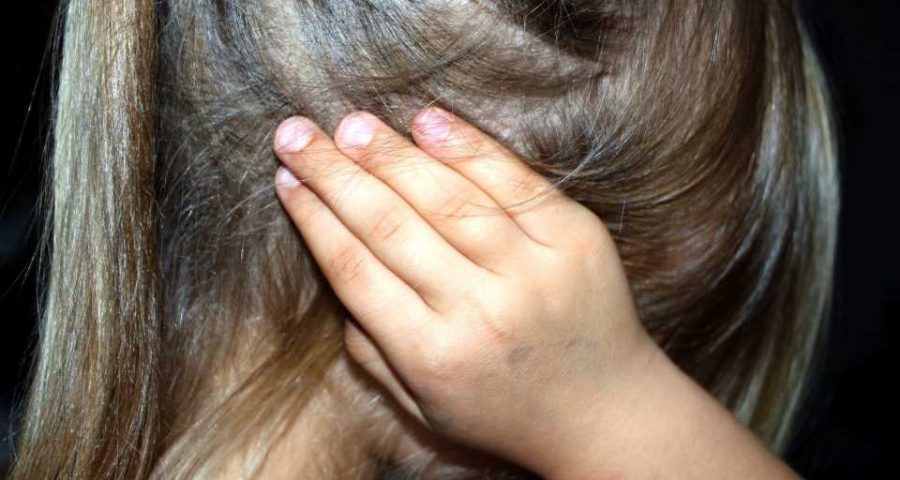
The independent inquiry into child sexual abuse (IICSA), set up in the wake of the Jimmy Savile and Rolf Harris scandals, has published its final report. Commissioned by then home secretary Theresa May in 2014, the inquiry has spent seven years examining how state and private institutions failed to protect the children in their care from sexual abuse.
The investigations that fed into the final report spanned a wide range of organizations. These included child protection services at local authority level, religious institutions, hostels and residential schools.
Among its 20 recommendations, the report calls for the government to establish a child protection authority for England and Wales and a cabinet minister for children. It also highlights the need for specific support, compensation and redress, emphasizing that no statute of limitation be placed on people, who have experienced child sexual abuse, coming forward.
A salient contribution to these recommendations came from the Truth Project aspect of the inquiry, which drew on the accounts of over 6,000 victims and survivors of sexual abuse. What comes across most urgently is the imperative that the voices of those that have been abused be heard.
Why reporting should be mandatory
Across the investigations it carried out, the inquiry found that children and young people were not listened to. A key recommendation it makes is that reporting of child sexual abuse be made mandatory: that people in a position of power with children should have a legal obligation to report abuse if it has been disclosed or witnessed, or if indicators are present.
These are not new concepts. In 1997, the Childhood Matters inquiry into child abuse recommended the creation of the role of minister of state with specific responsibility for children. It highlighted the need for improved regulation of staff who work with children. Crucially, it put great emphasis on the notion of children having rights and a voice.
A subsequent study of disclosures of childhood abuse carried out by the National Society for the Prevention of Cruelty to Children (NSPCC), in 2013, found that over 80% of the children who took part had tried to tell someone about the abuse they had experienced and that 90% of these children had had negative responses. Opportunities for intervention were missed, action was not taken, children were not believed and no support was given.
These findings predate the IICSA report by nearly a decade. Understanding why the problem has endured and why there is such systematic failure at so many complex levels is fundamental.
Professionals should be trained to hear what victims are saying
Disclosure is a complex issue. Research shows that quite often children do not directly say what they have experienced. Professionals have to be trained to understand the nuances at play in what they do disclose.
Disbelieving children is not a new phenomenon. Studies have frequently demonstrated that this is a crucial flaw in child protection systems.
Even when a disclosure is made, however, or when it is evident that abuse is taking place, many professionals in positions of power regarding children are not aware of the reporting procedures in place. They don’t know which mechanisms to use to report that information.
There is also a culture of silence around reporting, particularly when it involves effectively whistleblowing on colleagues. The inquiry’s investigations found there had often been a reluctance to report abuse, because protecting the organization and individuals was seen as paramount. The report found that this was then coupled with organizational culture and how child sexual abuse can be normalized within this, which leads to any challenge to this being perceived as extreme.
Again this is not new information. It was highlighted by the NSPCC in a 1991 report into the institutional abuse of children. Clearly, more needs to be done to support those who want to speak up in the form of education and protective mechanisms for reporting.
Why taboos need to be challenged
Shifting organizational culture is notoriously difficult. This is the fundamental problem that underpins the issues of disclosure and subsequent reporting.
Coupled with these issues are those of how children are perceived within society and the power structures in which childhood is embedded. Children, while being seen as the innocent representations of society, are also viewed as inferior. Adults are deemed to know best.
Yet listening to the child’s voice is vitally important. The report duly recommends the government should commission regular programs to increase public awareness around child sexual abuse and ensure people know what to do if abuse is suspected.
The inquiry also advises that myths and stereotypes around child sexual abuse be challenged. The lack of reporting and listening to children when it comes to sexual abuse is linked to the taboos that surround talking about this topic within wider society: the mutual exclusivity of children and sex.
The United Nations convention on the rights of the child nonetheless defines a child as someone under the age of 18. This provides a clear legal framework within which to identify power structures and what constitutes abuse. The perception of what defines a child within wider society nonetheless remains complex, especially when considering adolescence. However, if we do not address these issues, child sexual abuse will persist, undetected and unreported.
Provided by
The Conversation
This article is republished from The Conversation under a Creative Commons license. Read the original article.
Source: Read Full Article
